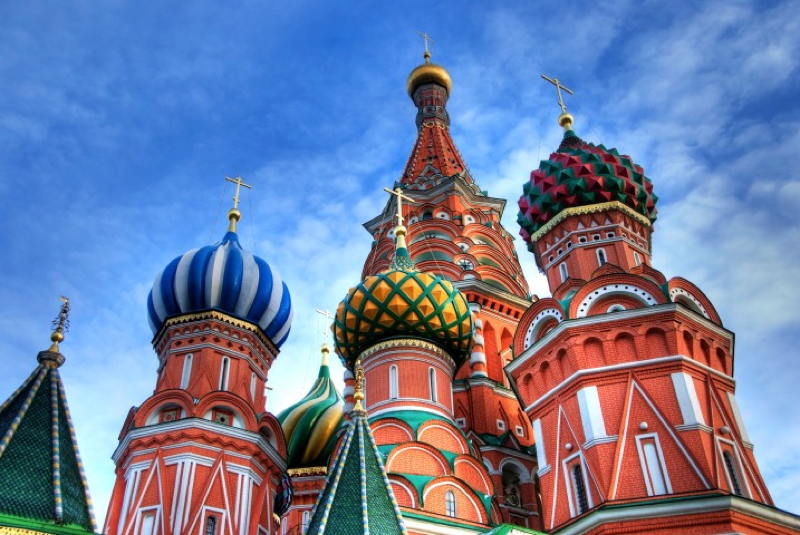

Facebook and YouTube have reacted quickly after they removed uploads of a deepfake video of Ukranian President Volodymyr Zelensky.
The deepfake video was widely spread online on Wednesday, CNN reported. In the video Zelensky apparently stands behind a presidential podium and in front of a backdrop, both of which feature the Ukranian coat of arms.
Wearing his customary green shirt, Zelensky speaks in Ukranian, and appears to tell Ukranians to put down their weapons as the country resists Russia’s invasion.
For a while now experts have been concerned that deepfake videos can be used to spread misinformation.
In the middle of a war with Russia, the timing of the video could not be more obvious.
In a series of posts on Twitter Wednesday afternoon, Meta’s head of security policy, Nathaniel Gleicher, described how the platform spotted and removed the video earlier that day.
“Earlier today, our teams identified and removed a deepfake video claiming to show President Zelensky issuing a statement he never did,” wrote Gleicher. “It appeared on a reportedly compromised website and then started showing across the internet.”
Meanwhile YouTube spokesperson Ivy Choi told CNN the video and reuploads of it have been removed from the platform because it violates the company’s misinformation policies.
“We do allow this video if it provides sufficient education, documentary, scientific or artistic context,” Choi reportedly said in a statement.
How can individuals secure their identities online? Read Silicon UK’s guide.
A Twitter spokesperson told CNN the company is tracking how the video is shared across the social network, and has taken “enforcement action” in cases where it violates company rules.
The problem posed by deepfakes has been known for a while now.
Deepfake cases have become more sinister in recent times, with images of former US President Barak Obama and US President Donald Trump being used in a various misleading videos.
In early 2020 Facebook said it would remove deepfake and other manipulated videos from its platform, but only if it met certain criteria.
Then in September 2020, Microsoft released a software tool that could identify deepfake photos and videos in an effort to combat disinformation.
But the issue of deepfake videos amid Russia’s invasion of Ukraine is especially troubling.
On Thursday the UK’s Defence Secretary Ben Wallace slammed Russian ‘dirty tricks’ when he revealed he had received a call from an imposter claiming to be Ukrainian PM.
Meta has expanded access to its AI assistant in more European countries, for users of…
Privacy concerns continue for China's DeepSeek, after South Korean regulator says platform transferred data without…
Mark Zuckerberg firm Meta Platforms makes adverts on Threads app available to all eligible advertisers…
Ten former staffers ask attorney generals in California and Delaware to block OpenAI's for-profit conversion
European regulators have issued both Apple and Meta Platforms with fines totalling hundreds of millions…
Zuckerberg rebuked. Facebook’s Supreme Court seeks review of Meta's Community Notes tool that replaced fact-checkers